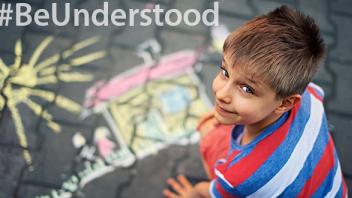Introduction
Some kids have a learning disability that makes reading difficult to learn. Others come to school without the literacy experiences they need to become readers. Some children struggle because they’ve received poor or inadequate reading instruction. When these and other risk factors are identified early, though, many children’s reading difficulties can be prevented.
Struggling readers
Why is reading so hard?
“Why can my child speak so well, but struggle with learning to read? Why is reading so hard?” Those are questions asked by many parents of kids with reading issues. Hear from literacy expert Margie Gillis, Ed.D, on how the brain changes when we learn to read, and why those changes may happen more slowly in some kids than others. (From Understood )
Learn more about kids who struggle
Struggling Readers
Why Some Children Have Difficulties Learning to Read
English Language Learners
English Language Learners and Reading Difficulties
Reading and the Brain
7 Things to Know About the 1 in 5 with Learning and Attention Issues
Intervention and Prevention
Reading Difficulties and Family History
Speech, Language, and Hearing
Effects of Hearing Loss on Development
Assessment and Evaluation
Who Can Diagnose LD and/or ADHD
Especially for parents
Assessment and Evaluation
What to Expect From an Evaluation
RTI and MTSS
Response to Intervention (RTI): A Primer for Parents
Assessment and Evaluation







